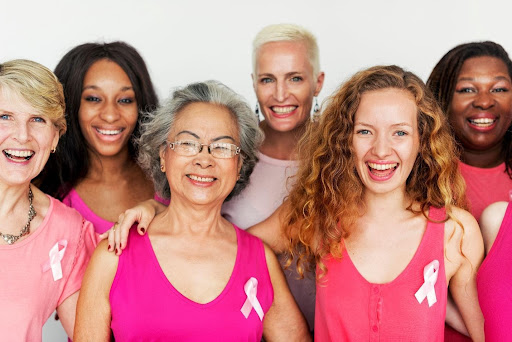
Talking to a Loved One About Unhealthy Habits
If you have an aging loved one who exhibits an unhealthy habit, such as smoking, excessive drinking, or poor nutrition, chances are you’ve had or wanted to have conversations with them about making a change. But having those types of sensitive conversations about an unhealthy lifestyle can feel uncomfortable, especially if you’re unsure how to have a productive discussion.
The Dos
If you want to talk to your loved one about their unhealthy habit, and you want to have a successful discussion, follow these tips:
- Ask questions- When you’re having a conversation with your loved one about their lifestyle choices, you don’t want it to be a one-sided conversation. Make sure your loved one is engaged by asking open-ended questions and giving them a safe space to respond.
- Listen- More important than asking questions is actively listening to how your loved one responds. When your loved one is talking, listen to understand their perspective, not to respond. You don’t have to know the right thing to say, but you do want to let them know you’ve heard them.
- Show compassion- You may not know the reason why your loved one partakes in their unhealthy habit. Your loved one could smoke because it relieves stress or connects them to a happier time or place. Even though smoking isn’t healthy, an emotional or mental attachment may make it hard to quit. Even if there’s not, many unhealthy habits are addictive, and they may want to stop but don’t know how. Show your loved one compassion and try to understand their perspective when discussing their habits.
- Offer support- At the end of your conversation, ask your loved one how they’d like you to support them and accept they may not be ready for help. As long as you’re offering support and letting them know you’re available, they’ll know they can turn to you when they’re ready.
The Don’ts
Talking to a loved one about their lifestyle choices can be a sensitive topic. To keep the conversations productive, try to stay away from the following.
- Don’t assume- We all know habits like drinking and smoking are dangerous, yet millions of people choose to do both. There could be many reasons why someone over-eats or chooses not to exercise, and you shouldn’t assume your loved one wants to change. Instead, try to approach conversations to learn why they participate in their habit and if changing is something they’ve considered. Unfortunately, if someone doesn’t want to change, you can’t force them to. What you can do is continue to share how their habit affects you.
- Don’t shame- Many habits, even poor eating, are addictive. It’s a hard habit to quit. Chances are, if your loved one wants to change, they’ve probably tried but were unsuccessful in the past. When talking to your loved one about their habit, don’t shame them or make them feel bad for their choices. Talk to them about the difficulties they’ve had trying to change and what fears or concerns they may have about trying to change again.
- Don’t threaten- When you’re asking a loved one to stop something like smoking or to take better care of themselves, it’s common to feel moments of frustration. And when we’re frustrated, it’s natural to want to pose threats, such as telling your loved one they have to change or else. But threats don’t work, and they often bring more frustration into the conversation. Instead of telling your loved one they must stop, explain why the change is important to you. Tell them you care about their health and don’t want to see them get sick or in an unsafe situation.
- Don’t’ overwhelm- Sometimes, when we want to help a loved one, we want to provide them with answers and solutions. It’s natural to want to share statistics on the dangers of their habit and various treatment options for your loved one. But sharing too much information up front can feel overwhelming and may frighten them from making changes. Instead, understand the process of helping someone to change may take a long time. Share information in bits over a few days, weeks, or months. Stay receptive to how your loved one is reacting and if you notice they’re overwhelmed, scale back the conversation.
If you or a loved one is living with the effects of unhealthy habits and need assistance around the home, the team at Visiting Angels Grand Junction can help. Our compassionate caregivers can provide medication reminders, transportation to appointments, light housekeeping, meal preparations, and more. Our Grand Junction office serves those in Mesa County, Colorado. If you’d like to learn more about our services, you can complete this form online or call us at 970.254.8888.
